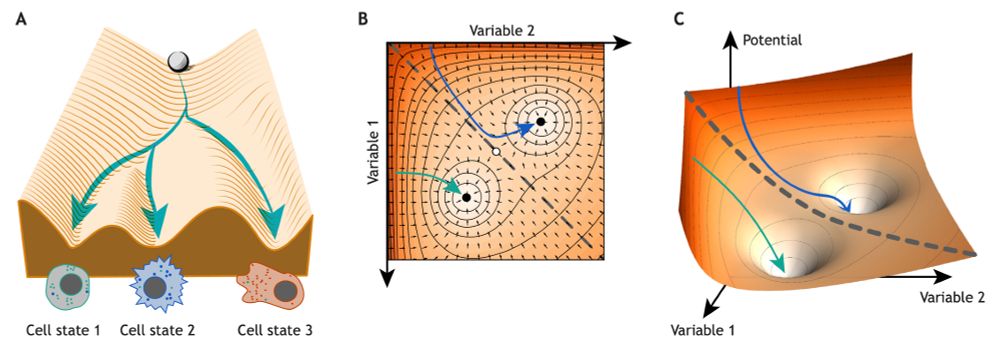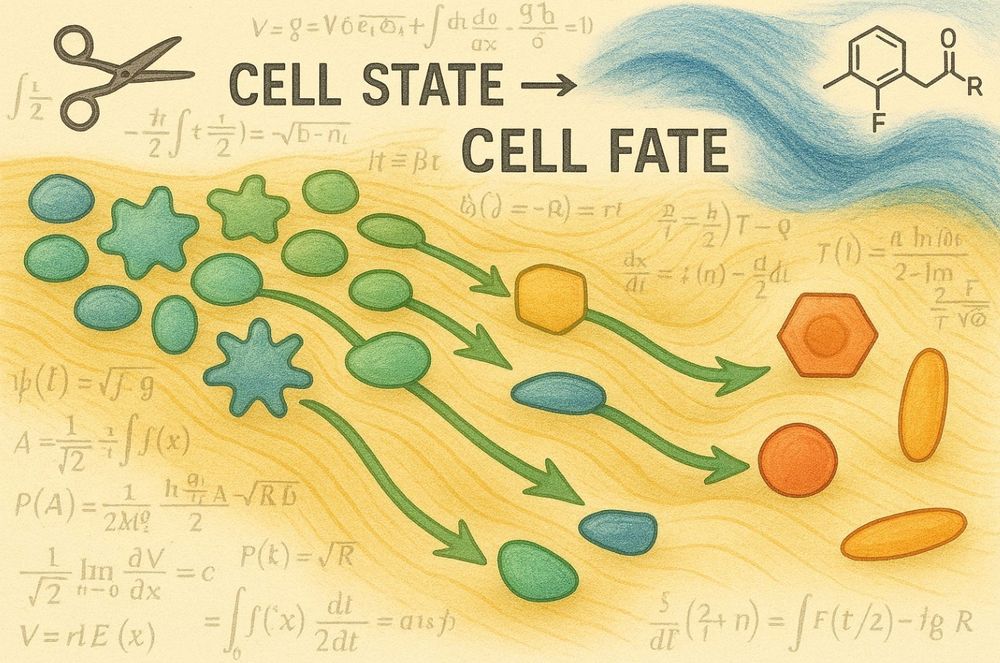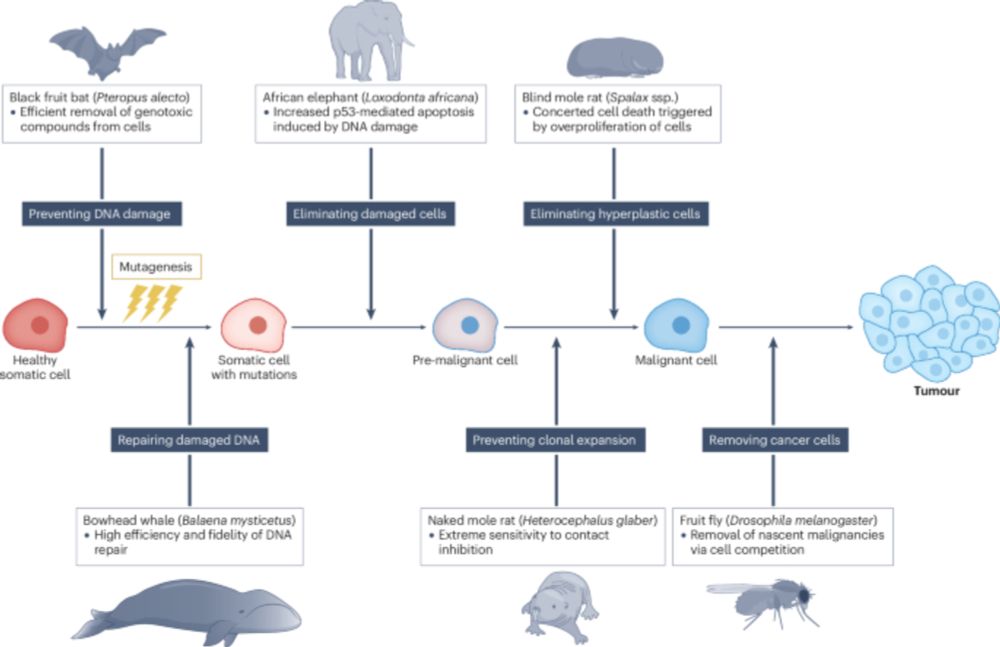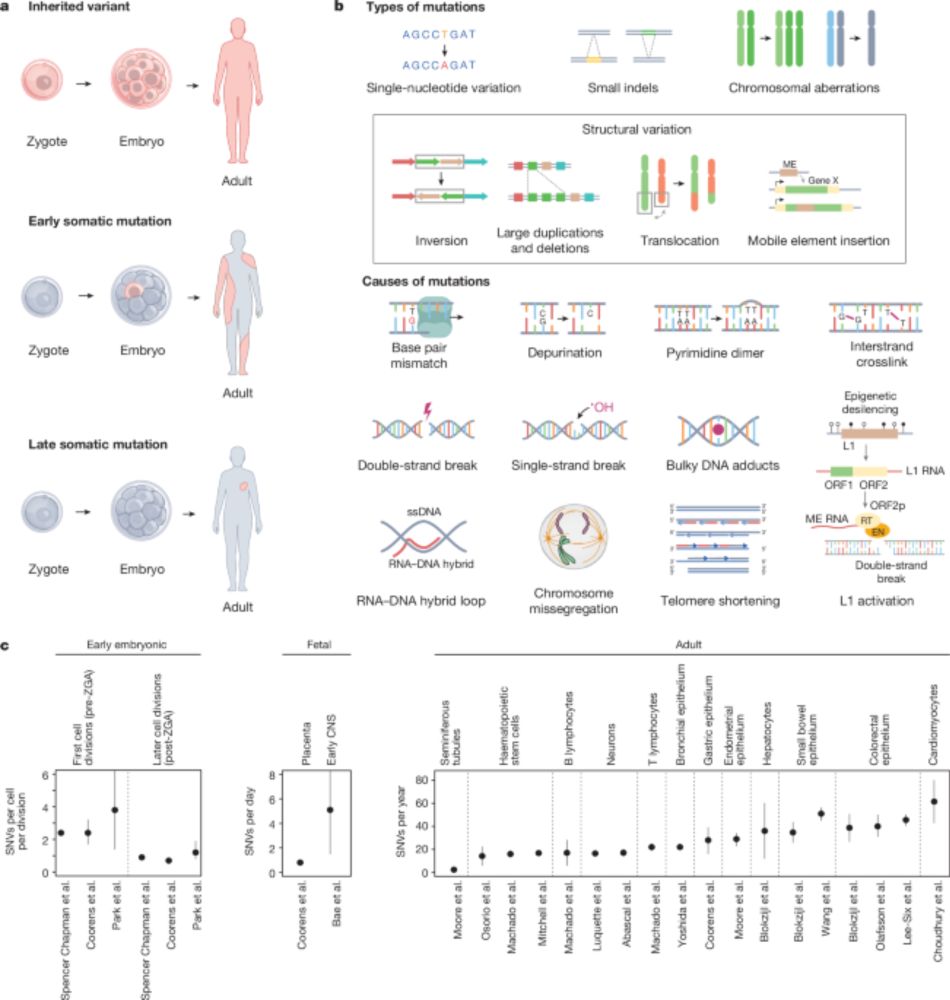alissa greenwald
@alissacg.bsky.social
250 followers
170 following
24 posts
Organizational principles of cancer | www.greenwald-lab.org at Lunenfeld-Tanenbaum Research Institute & Assistant Professor, Dept. of Molecular Genetics at University of Toronto | Mother of 4, lover of candy, art, & books
Posts
Media
Videos
Starter Packs
Pinned
Reposted by alissa greenwald
Reposted by alissa greenwald
Reposted by alissa greenwald
Reposted by alissa greenwald
Reposted by alissa greenwald
Nature Cancer
@natcancer.nature.com
· Aug 27

Evolutionary trajectories of IDH-mutant astrocytoma identify molecular grading markers related to cell cycling - Nature Cancer
Vallentgoed et al. integrate clinical and multiomic data from persons with matched initial and recurrent IDH-mutant astrocytomas to identify progression-associated mechanisms and report a DNA methylat...
www.nature.com
Reposted by alissa greenwald
Miranda Hunter
@mrndhntr.bsky.social
· Aug 27
Mechanical confinement governs phenotypic plasticity in melanoma - Nature
Mechanical confinement of cancer cells at the tumour–microenvironment interface induces phenotype switching through chromatin remodelling by HMGB2, leading to a more invasive and drug-resistant state ...
www.nature.com
alissa greenwald
@alissacg.bsky.social
· Aug 27
alissa greenwald
@alissacg.bsky.social
· Aug 22
alissa greenwald
@alissacg.bsky.social
· Aug 22
alissa greenwald
@alissacg.bsky.social
· Aug 22
alissa greenwald
@alissacg.bsky.social
· Aug 22
alissa greenwald
@alissacg.bsky.social
· Aug 22
alissa greenwald
@alissacg.bsky.social
· Aug 22
Reposted by alissa greenwald
Teresa Rayon
@trayon.bsky.social
· Aug 17
Richard Sever
@richardsever.bsky.social
· Aug 15
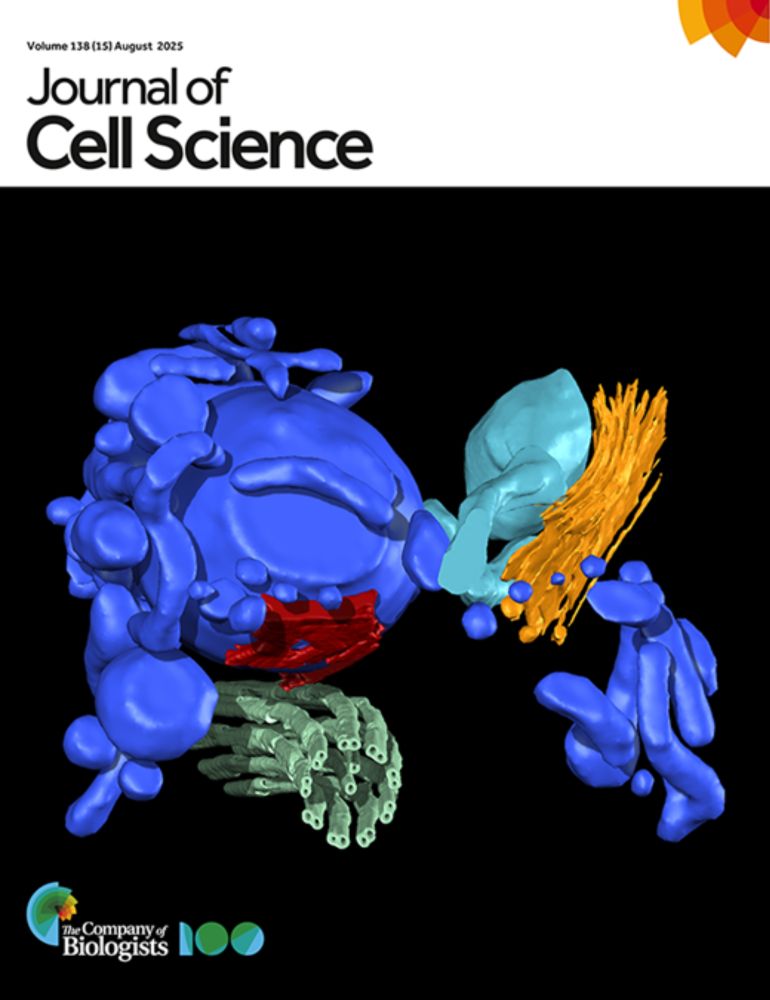
Why would anyone want to be a scientist?
It is difficult to fathom why anyone intelligent enough to be a scientist would actually choose to be one. Doing good science requires the utmost exertion of body, mind and spirit, yet is consistently...
journals.biologists.com
Reposted by alissa greenwald
Will Ratcliff
@wcratcliff.bsky.social
· Aug 12
Reposted by alissa greenwald
Reposted by alissa greenwald
Reposted by alissa greenwald
Roel Verhaak
@roelverhaak.bsky.social
· Jul 16
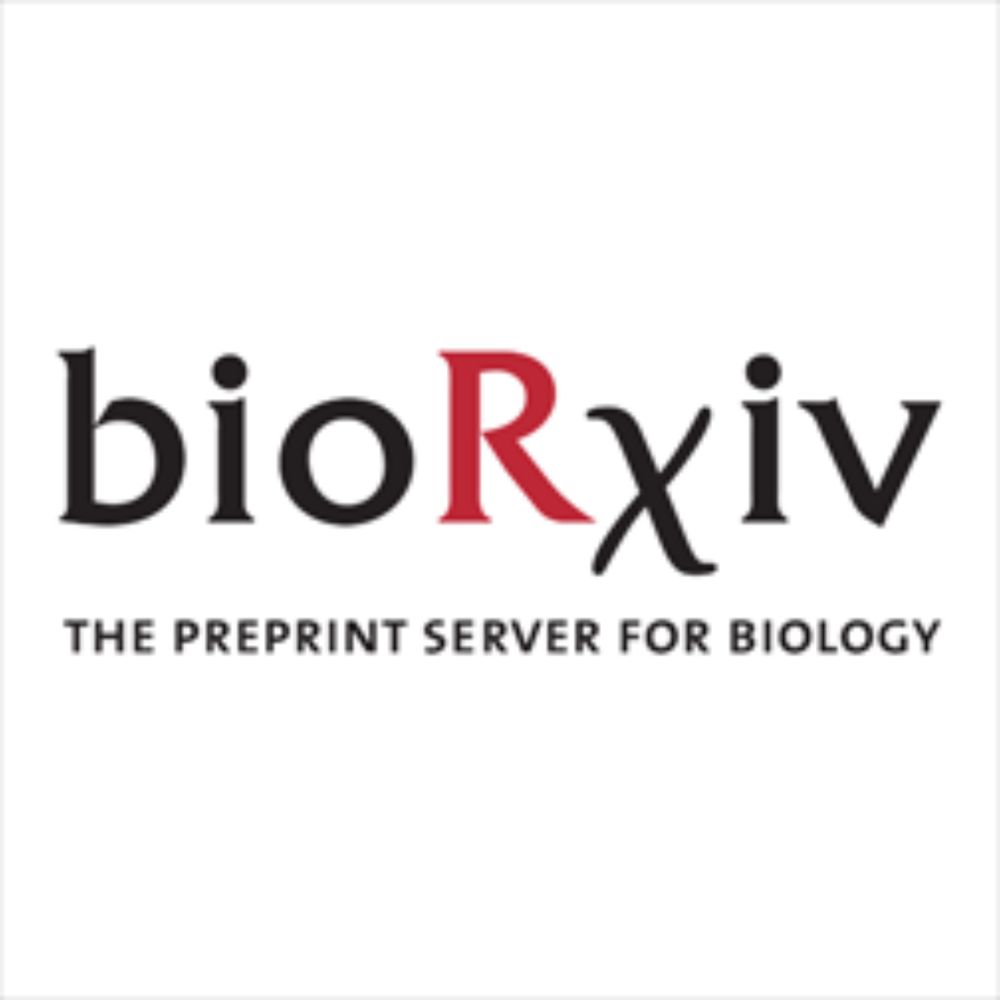
Tumor-initiating genetics and therapy drive divergent molecular evolution in IDH-mutant gliomas
Astrocytomas and oligodendrogliomas are slow-growing and treatment-sensitive IDH-mutant gliomas diagnosed at ages 30-50. Local tumor regrowth and treatment resistance is inevitable resulting in 3-10 y...
www.biorxiv.org
Reposted by alissa greenwald
Vinay Ayyappan
@vayyappan.bsky.social
· Jul 15

Gastruloid patterning reflects division of labor among biased stem cell clones
Embryonic development typically requires precise coordination among cells to achieve reproducible outcomes, leading to the assumption that cellular heterogeneity must be minimized or buffered against....
www.biorxiv.org
Reposted by alissa greenwald
Reposted by alissa greenwald







